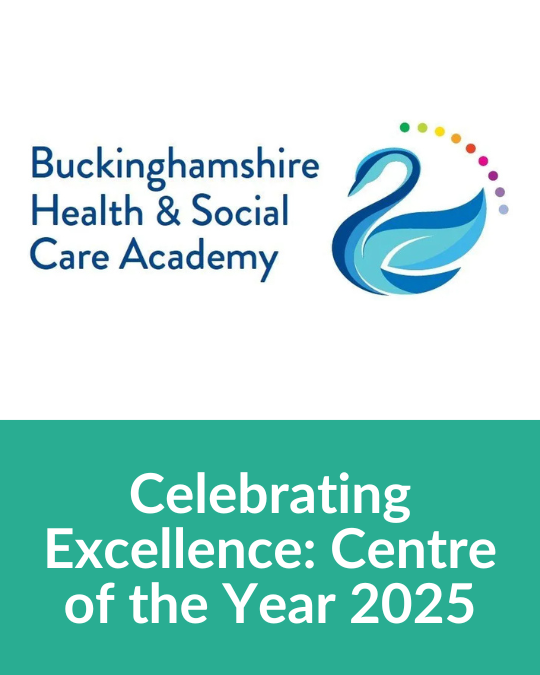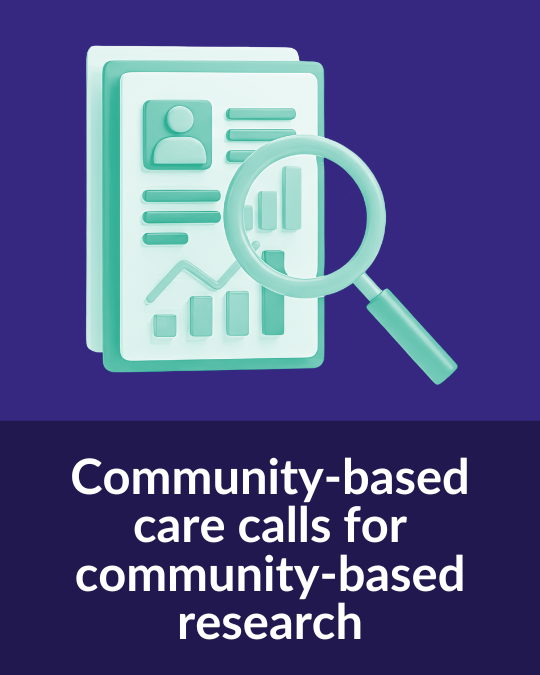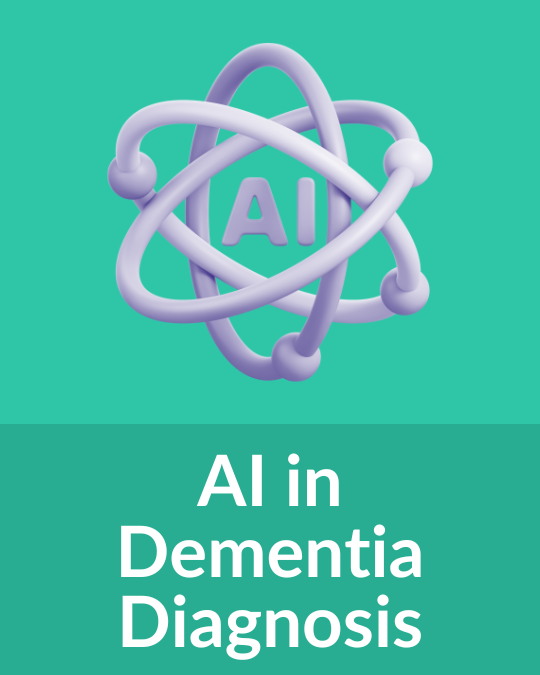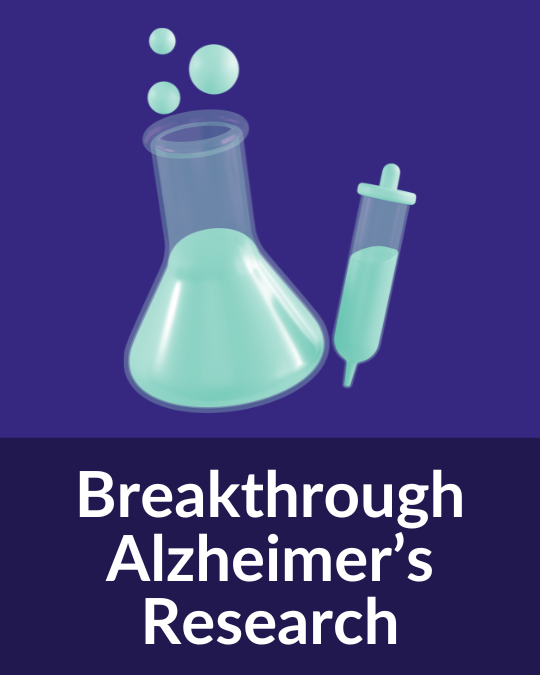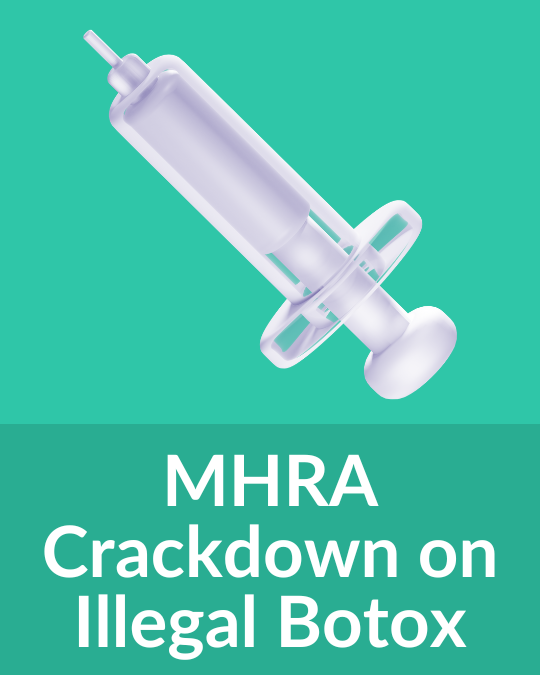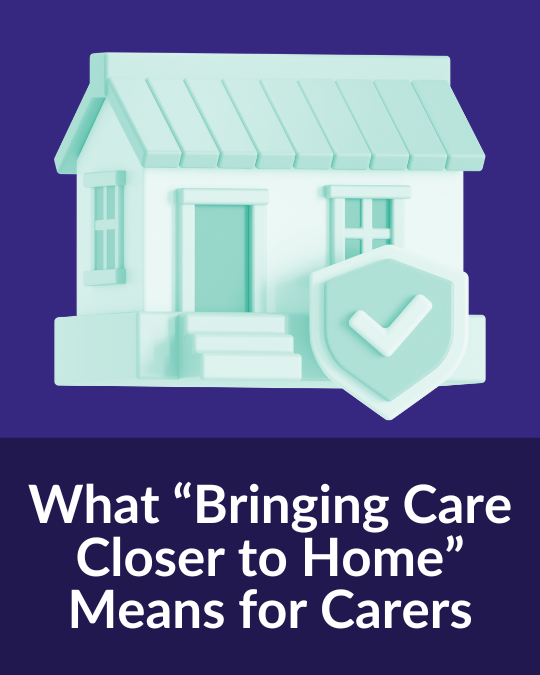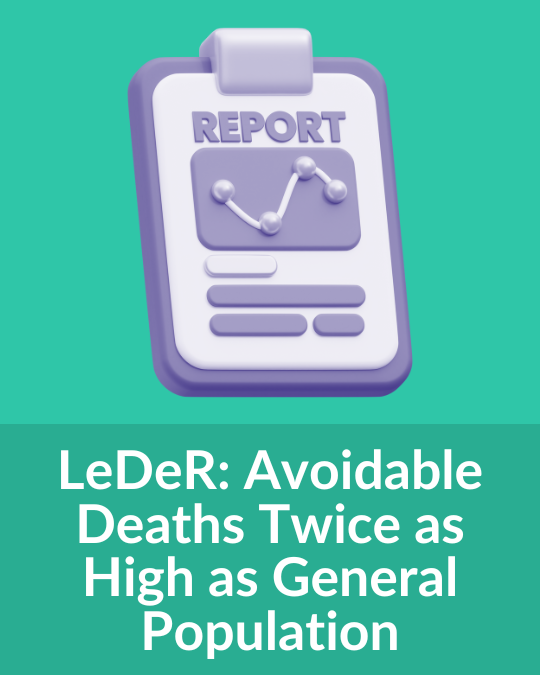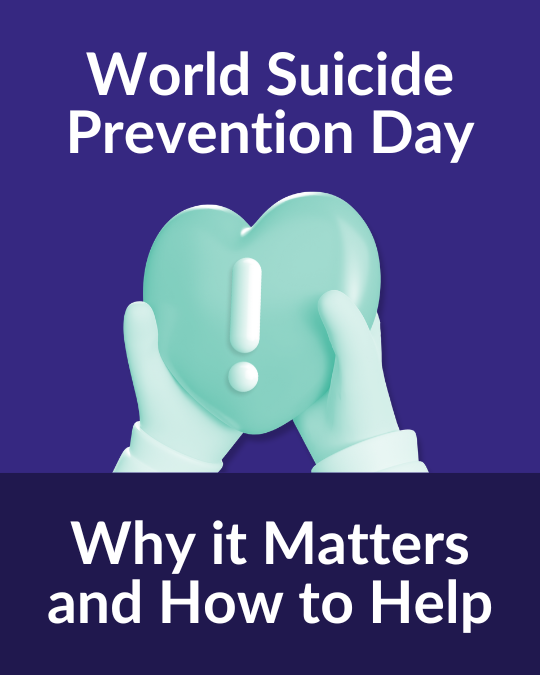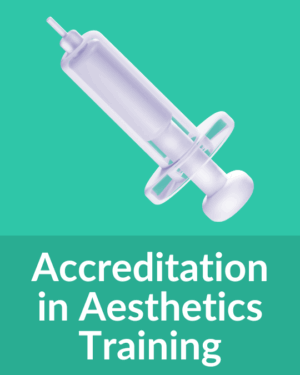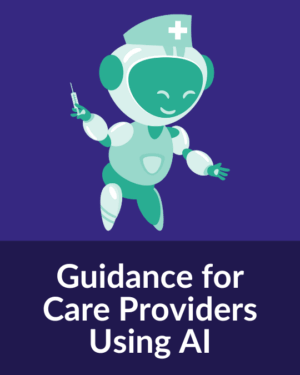The UK aesthetics industry is changing fast. Licensing rules, prescription regulations, and advertising standards are evolving. In Scotland, legislation to formally regulate non-surgical cosmetic treatment is progressing. Practitioners across the UK must stay ahead of compliance requirements. This guide explains: What is a special treatment licence? Which UK councils require one? What’s changing in...
Celebrating Excellence: Centre of the Year 2025
At Advantage Accreditation, we are proud to celebrate the outstanding work of our accredited centres. One such example is Buckinghamshire Health and Social Care Academy (BHSCA), our Centre of the Year 2025 winner. BHSCA consistently delivers high-quality training that strengthens care standards and supports national NHS priorities. Their health coaching programme is a powerful...
Community-based care calls for community-based research
Community-based research is essential for a sustainable, equitable NHS. Despite most patient care happening in primary and community settings, research funding and activity remain hospital-centric. Expanding research into communities improves relevance, inclusion, patient outcomes, workforce development, and service innovation. Advantage Accreditation supports organisations to deliver high-quality, CPD-approved training in community settings, boosting credibility, compliance,...
How will you meet mandatory training requirements?
The mandatory requirement for autism and learning disability training is now a key consideration for organisations across health and social care. While the Oliver McGowan Mandatory Training provides a nationally recognised framework, there are several legitimate ways organisations can meet the required learning outcomes, including equivalent programmes and in-house delivery models. We’re interested in...
How to Get an Outstanding CQC Rating in 2026
As we enter 2026, many care organisations are asking: how can we achieve an Outstanding CQC rating? Advantage Accreditation is the perfect way to prepare your organisation for growth, innovation, and recognition. Accreditation is more than a certificate; it’s a commitment to excellence. It ensures your training meets industry standards, improves your services, and...
What the Autumn Budget 2025 Means for Health & Social Care Providers
At Advantage Accreditation, we work with care organisations nationwide to help them deliver high-quality, flexible, and cost-effective training either using our materials or their own accredited courses. The Chancellor’s Autumn Budget 2025 has arrived. The budget will shape how care providers operate, train staff, and plan future services. Here’s what the budget could mean...
Training for NHS Managers: The Key to the 10 Year Health Plan
The King’s Fund and the University of Birmingham’s Health Services Management Centre recently published a resource on “Why management matters so much for the success of the NHS 10 Year Health Plan.” It considers how the NHS is managed now, and what needs to change to enable the 10 Year Health Plan for England....
AI Breakthrough Could Transform Dementia Diagnosis in the UK
Artificial intelligence (AI) is being used for the first time in the UK to help diagnose dementia faster and more accurately. This could transform how patients are assessed and supported. The study combines advanced blood biomarker testing with AI analysis. It represents a major step forward in the early detection of Alzheimer’s and other...
Breakthrough Alzheimer’s Research: What It Could Mean for Health and Social Care
A major scientific breakthrough has given new hope to people affected by Alzheimer’s disease. Researchers in Spain and China have successfully reversed Alzheimer’s symptoms in mice by helping the brain’s protective barrier work properly again. The treatment uses nanoparticles to “remind” the blood-brain barrier (a protective layer around the brain) how to clear harmful...
MHRA Crackdown on Illegal Botox
In a previous blog post, we discussed urgent warnings from the UK Health Security Agency (UKHSA) about botulism cases linked to unlicensed aesthetic products. Since then, the situation has intensified. The Medicines and Healthcare products Regulatory Agency (MHRA) has launched a national crackdown on the illegal trade in unlicensed botulinum toxin products, as the...
What “Bringing Care Closer to Home” Means for Carers
This blog includes: Why neighbourhood health services are being introduced What this means for care providers How accreditation can help The new 10-year plan for the NHS aims to “bring care closer to home” through neighbourhood health services. The first wave of these services was launched in September 2025. Why neighbourhood health services? By...
LeDeR Learning Disability Report: Avoidable Deaths Twice as High as General Population
Summary: This blog covers: What is the LeDeR report? Key statistics from LeDeR 2023 The importance of care staff training What is the LeDeR report? The LeDeR is an annual check on how the UK health and social care sector treats people with learning disabilities and autistic people. It investigates deaths in order to identify...
World Suicide Prevention Day: Why it Matters and How to Help
Contents This blog includes: National statistics on suicide The impact of suicide on communities The importance of open conversations and how to have them Resources available in the UK FAQ World Suicide Prevention Day (WSPD) takes place annually on 10th September. This year’s theme is Changing the Narrative on Suicide. The campaign’s goal is...
Why Accreditation Matters in Aesthetics Training
Summary The UK Health Security Agency (UKHSA) has raised urgent warnings about botulism linked to unlicensed aesthetic products. Meanwhile, the British Beauty Council has lobbied for new government regulation in the aesthetics sector. This blog explains what these developments mean for practitioners, and why accreditation matters now more than ever. We’ll cover: The latest...
Guidance for Social Care Providers Using AI
The use of Artificial Intelligence (AI) is rapidly increasing in adult social care. From fall detection and pain assessment through facial recognition, to monitoring of vital signs and predictive health alerts, AI-enabled tools are helping care staff provide better support for service users. Alongside these specialist tools, care staff are using generative AI in...


